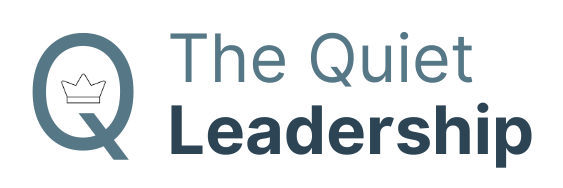Are you born to be great? or you learn on your way to achieving greatness?
In 1848, Phineas Gage, a 25 year old construction foreman in railway, suffered an intriguing injury during roadbed preparation in Vermont. A tamping iron 1.25″ in diameter, 3’7″ in length, weighing 13 pounds pierced through lower left side of his face, making its way upward through left eye and out of the left skull taking with it much of the left frontal cortex (front part of brain).
Gage survived, with friends describing him as “no longer Gage”. With the destruction of left cortex, Gage took on a new personality, no longer he was the earlier responsible, efficient, persistent capable foreman. Gage became “fitful, irreverent, indulging in profanity, capricious, vacillating, devising plans of future, which are no sooner arranged than they are abandoned.”

Over the years, Gage became better as the right frontal cortex started taking over the functions lost due to injury and was able to keep steady jobs. (Gage died at his mother’s home in 1860).
The frontal cortex makes us who we are. It provides executive function by organizing knowledge and taking action on knowledge. It also regulates emotions and makes us focus on tasks.
Moreover, it allows categorical thinking and tracks rules, forces us to do long-term planning, prevents instant gratification for long-term gains, and provides the working memory (ref: Behave by Robert M. Sapolsky).
This is all prescribed by our DNA creating the architecture of our brain structure. A hundred billion neurons, each neuron getting signals from10,000 neurons through upstream dendrites and then through axonal connection signaling 10,000 other neurons. The complexity is profoundly more than the stars in our known universe.
Human frontal cortex (the front part of the brain) is more complex than other primates. It is the last region to fully mature in humans well into mid-twenties. Hence, the emotional propensity of teens.
Containing a myriad of sub-regions controlling empathy, disgust, decision-making, and other mental states, the cortex along with other parts of our brain provides the blueprint for our character and behavior, defining us and our uniqueness among billions of other humans.
We are then posed with an overwhelming dilemma – is our personality and behavior fixed and rigid, as a result of our genes neural wiring at birth. The answer lies in knowing that, we are indeed born with a personality type which comes with advantages and limitations. You can notice those budding personalities in babies.
Riso and Hudson categorized nine personality types in “The Wisdom of the Enneagram” with various shades in between – with primary personalities bucketed into Reformer, Helper, Achiever, Individualist, Loyalist, Challenger, Peacemaker, Enthusiast, and Investigator types.
Is our destiny then pre-determined ? Brain is malleable and endowed with plasticity. We saw earlier in case of Gage that a disorder or brain lesion can redefine the personality. In other cases, patients with Huntington’s disease exhibit highly inappropriate behavior (appropriateness is subjective) – stealing, aggressiveness, compulsiveness, gambling.
Taking it further in the domain of human will, ask anyone who has gone through the ladder of leadership, they will attest that we can modulate and over time change facets of our personality and overcome detrimental aspects. It is called Neuro-plasticity, the brains’ ability to adapt neural pathways based on environment, experiences and new willful behavior and other factors.
Next time you evaluate a person, use the optics of neuronal connectivity to see through the surface. Knowing the brain and its various artifices, you will be balanced, understanding and non judge-mental in your analysis.
Our accomplishments to a large extent are determined by our set of behaviors (actions driven by personality). Most of us are beholden and enslaved by powers of our own brain, it defines our weaknesses and governs our every day vivid to subtle actions. Many times limiting our true potential.
The great thing about brain’s plasticity is allows an opportunity to self-correct, to overcome personality impediments through knowing oneself. This requires utmost self-awareness to observe and identify weaknesses.
It entails honesty in discovering who you want to be and what you want to get in life. This is really hard work, but remember that every successful person has done it from times unknown.
The ability to change is within us, to achieve greater things in life, to follow our passions and to push the horizons of possibilities, by transforming and controlling our neural wiring through our own free will.
Discover more from The Quiet Leadership
Subscribe to get the latest posts sent to your email.

